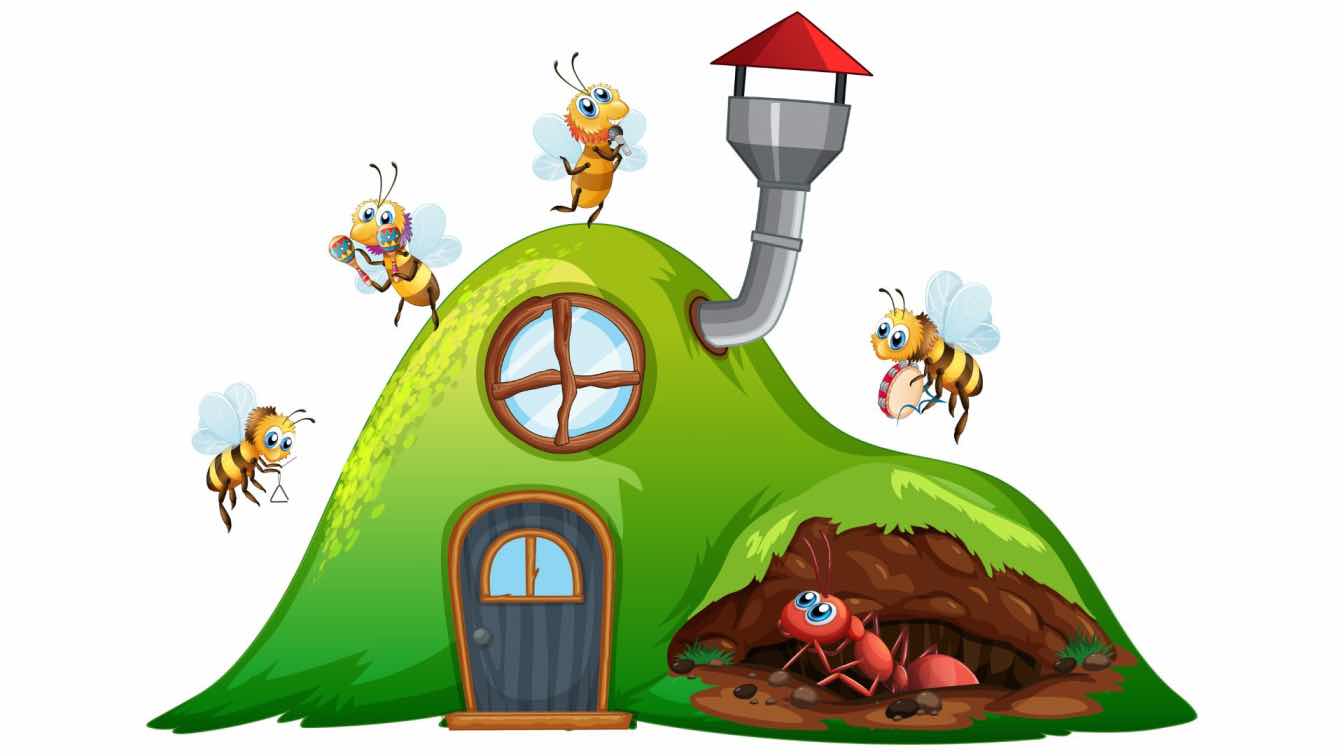One must be careful with stinging insects, such as wasps, bees, and others. Although these make an integral part of the ecosystem, the stinging pests can create a lot of nuisances in the house and for the people living in it. Their stings tend to be painful. But it would help if you were more wary of the life-threatening conditions these can impose on anyone prone to allergies. How do you identify stinging insects? Bees and wasps are most common. You can apprehend their presence by investigating their physical features and social behaviours. For instance, pollinators like bees look hairy and robust. These social insects often live in colonies and don't attack humans unless threatened. Wasps are predators with sleek bodies. They can bite you even at the slightest provocation. The injury risk is higher with them because they tend to attack anyone multiple times.
Prevention is the best form of safety. However, if there has been a delay, you can call professionals at Elite Pest and Termite Control or other reputable places for help. At the same time, let's gather some more information about this situation to ensure your and your house's protection from them.
Spotting infestation risks and stinging insect hideouts
Did you recently get bitten by a wasp or a bee? There can be more of them in your area. A swarm of them will appear, or you can find their nests in your home's shrubs, trees, garages, or other surroundings. Check doorframes, windowsills, and other sites for their small, black droppings. Inspect all the cracks and crevices for eggs. You can also smell an unpleasant odour if they exist in large numbers. These creatures usually prefer dark and isolated places. If you suspect or feel sure about infestation, seek pest control services immediately. Trying home remedies at such times can be risky. The experts will come and remove their nests with hands or a vacuum. Sometimes, they also use chemicals to kill their nests. You can expect them to take all the necessary care while keeping you and your home safe from them.
Prevention advice
It begins with creating an unattractive environment for them. When you eat outside, keep all your food and drinks covered. Please don't leave them unattended. Garbage bins should remain adequately sealed. Also, fill up the holes and cracks outside the house to keep insects away. Do you have stagnant water in the yard? Please get rid of it to deter them. Grooming trees and shrubs is also suitable as these reduce hideout options for stinging insects. You can even choose unattractive plant options, such as lavender and marigolds, to discourage them from invading your property. Get insect repellents as well. Keep your home clean.
The degree of pain and other aftereffects of stings vary based on the insect type and a person's bodily response to the poison. Some people develop mild symptoms, including swelling and pain, while others can be exposed to severe conditions like anaphylaxis, a life-threatening allergic reaction. So, it's better to be on your guard and get pest control services occasionally, even if you don't see any apparent sign of their existence. The experts can examine and remove them from all the hidden corners.





